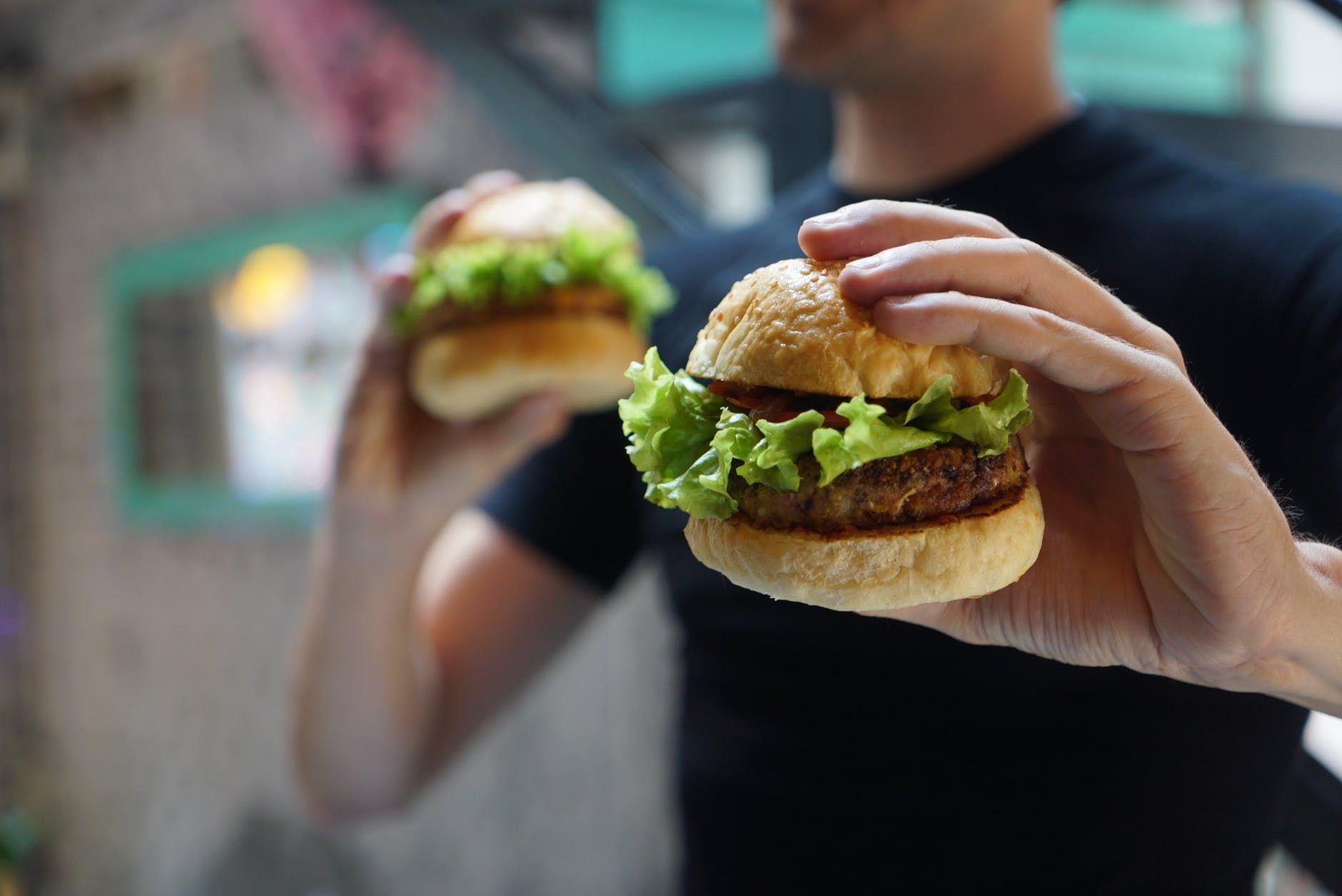What Does it Mean to be Healthy? (Repost!)
**This post was written by and re-posted from: Cara Lisette of Cara’s Corner
We are bombarded with images of ‘health’ everywhere – social media, supermarkets, television, billboards.
Being healthy is wonderful, and I do believe health is something people should hope to be. But what is ‘healthy’? Is it clean eating and raw foods and ultra marathons? Is it flatlays of avocado toast and juice cleanses and leg days?
I’m saying no.
Health does not stop and start with your body, but it is influenced by your relationship with your body, and how this impacts your mind.
Health isn’t just about eating your vegetables and drinking enough water and going to the gym. Don’t get me wrong, I am an advocate for those things because they boost my energy levels, my overall physical health and my self esteem. But actually, having a healthy mind is just as important as having a ‘healthy’ body. And a healthy body does not equal thin, no matter what the media leads us to believe.
A healthy mind, for me, means being resilient, accepting of myself and being able to challenge my negative thoughts. I am certainly not always of ‘healthy’ mind but it’s where I try to be.
When my mind is healthy, it also means I am able to recognise when I need extra support, and to have enough self esteem to know I deserve that extra support. It doesn’t mean being happy all the time, it just means I can cope with sometimes being unhappy.
It also means that I can eat chocolate and have a glass of wine at the end of a long day. It means that if I’m tired, I can skip the gym. It means that sometimes I need that extra couple of hours in bed, and that’s okay. Health doesn’t mean rigid diets and calorie counting and strict exercise regimes and meeting your macros. It means being able to listen to what your mind and body are telling you, and sometimes they are telling you you need a rest. There are so many messages in the world that lead us to feel guilty for not conforming to binary concepts of health, or looking like people with abs having protein smoothies after their daily 6am workouts. But you should not feel guilty for doing whatever you need to do to keep yourself well – and that is personal to you.
And really, the point I’m trying to make is that this entire post is just about my idea of health. It is personal to me. You may agree or you may not, but if you have other ways that work for you, that’s okay too.
Health isn’t just superfoods and squats. It’s being kind to yourself in whatever form that takes for you.



